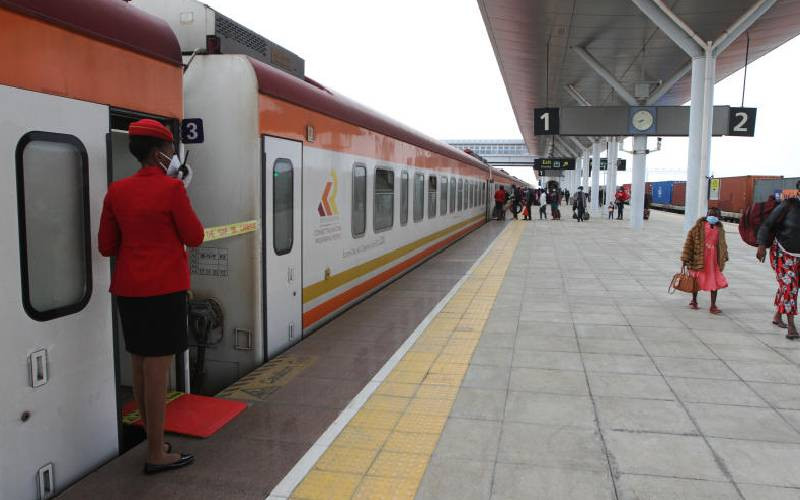×
The Standard e-Paper
Kenya’s Boldest Voice
A circular blaming female students for the growing rape and robbery cases at the University of Nairobi (UoN) has been withdrawn.
UoN Vice-Chancellor Stephen Kiama withdrew the memo in a circular dated February 25, and apologised to the students. He termed the memo ‘insensitive.’







